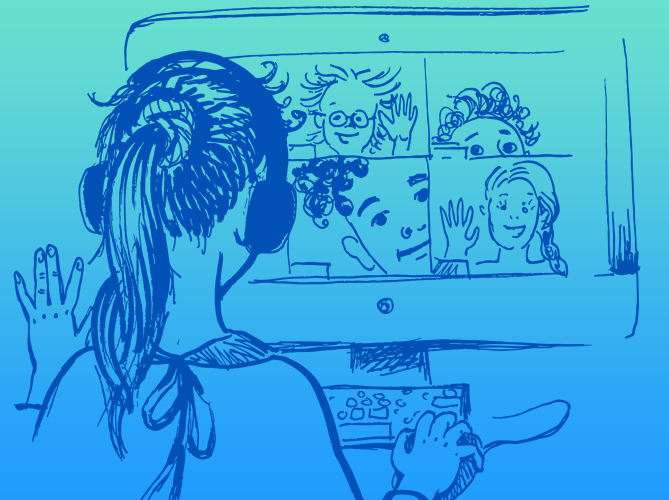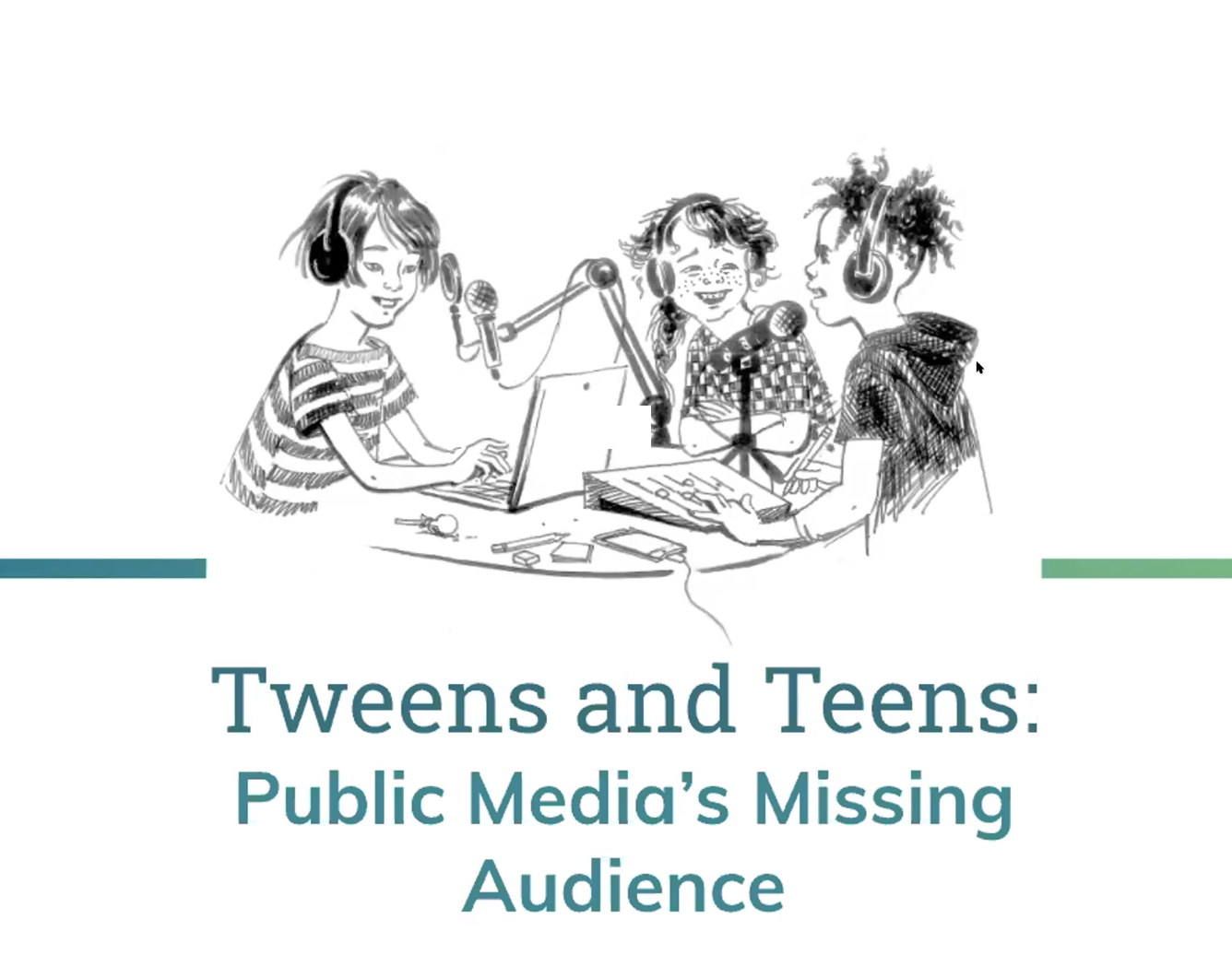For nine months, we have been living in the midst of a pandemic that has thrust us all into a “new normal.” Teachers and students across the country have been thrown into an abrupt experiment in remote learning since the spring. Stark equity issues have come into view, and education leaders are worried about the long-term impact of learning loss, particularly among children from lower-income families. And the stress of isolation from peers and the lack of social interaction has been taking a toll on children of all ages.

Yet while there have been more challenges than many of us could have ever imagined just a year ago, there have also been some bright spots. The FOSI 2020 Annual Conference that took place online on November 18 highlighted the resilience of children and families who have adapted to the massive disruptions of the past nine months.
Over the past few months, the Cooney Center has been conducting focus groups with 10-17 year olds across the country as part of our Next Gen Public Media project. These sessions, conducted over Zoom, are providing our research team a glimpse into the lives of young people across the country. Cooney Center Senior Fellow Mary Madden joined Facebook’s Director of Global Safety Antigone Davis for a fireside chat about some of the silver linings of the pandemic. Here are some of the highlights from their conversation:
Many kids are struggling. But some are thriving with remote learning
Despite some of the challenges that so many students are facing with remote learning -such as lack of broadband access or devices that are capable of handling schoolwork, or even patchy wi-fi for those who are sharing broadband connections with entire households of family members who are online at the same time—Mary pointed out that some kids are actually enjoying their remote learning experience more than they had enjoyed school.
“We are seeing that some kids who maybe have a more difficult time with auditory learning cues are thriving with more visual cues,” she pointed out. “We’re seeing that some of the social pressures that kids face in the in-person environment are lessened in the online environment. They might prefer to be able to express their opinions and engage over chats; they say that they don’t have the same pressures… to participate in class in a way that makes them nervous or uncomfortable.”
Definitions of screen time are becoming more nuanced
Throughout the pandemic, we’ve heard that parents have had to loosen their screen time restrictions. Not only are students online all day for school, many have had to entertain themselves while their parents work: they have been watching more YouTube videos and playing more video games than before the pandemic. For many kids, digital activities have also allowed them to connect with friends through messaging apps and games. But now that they’ve been on screens for so long, Mary pointed out that many of the youths she has spoken to have said that they prefer in-person interactions when they can, and even appreciate structure around screen time. “We’ve actually been hearing kids saying things like, ‘I look forward to knowing that the weekend is when I get more time, and during the week it’s more limited.’”
Grown-ups are learning too
But it’s not just children who have had to exercise resilience throughout the pandemic. Mary and Antigone spoke about the ways that parents and educators have had to adapt.
“It’s important to elevate those positives, because it’s so easy to get weighed down with all of the immense challenges that we’re facing,” Mary said, highlighting some of the many ways that teachers have had to learn new strategies to accommodate their students. Parents have been faced with guiding their children as they navigate different communications platforms while building the social and emotional skills they need to focus within chaotic environments.
For the many families that have been spending so much more time together, Mary noted there have been more opportunities for “just-in-time” conversations around topics like the ways kids are interacting in a game, or larger concerns related to media use and what’s happening in the world including “a discussion about bullying, or digital citizenship, or something like encountering misinformation on a YouTube video, or in relation to topics like the election, or the pandemic.”
Antigone pointed out that tech companies have been stepping up to help inform families about their tools. Originally designed for educators, Facebook’s new Get Digital platform features parent-facing content during the pandemic to help families engage in conversations about using digital media safely. The site offers tips and conversation starters around digital safety, well-being, and media literacy designed to spark family discussions around these issues.
Watch the full video from the FOSI conference here.



